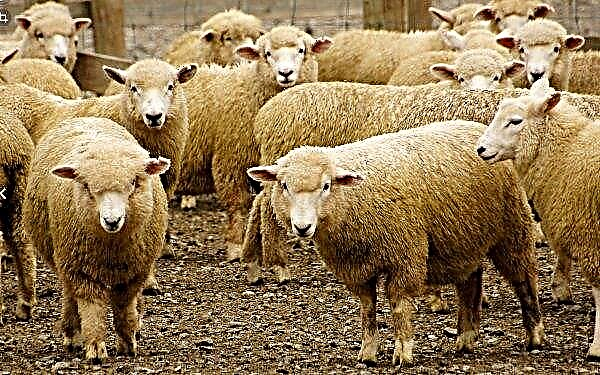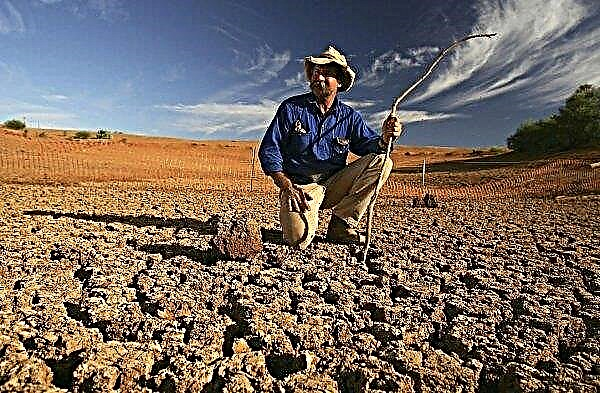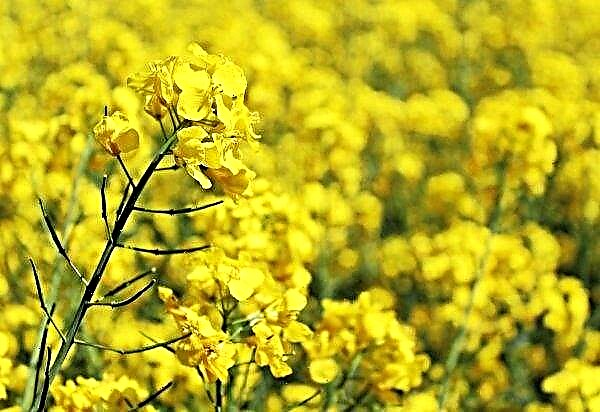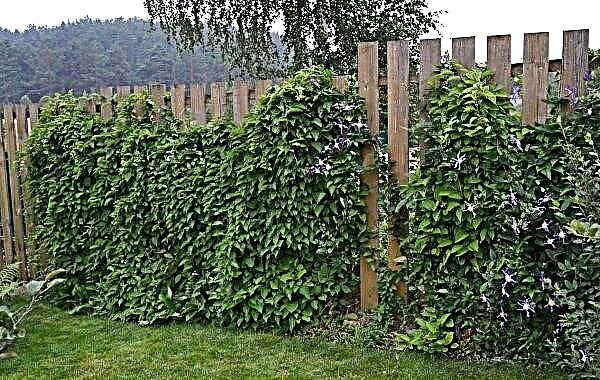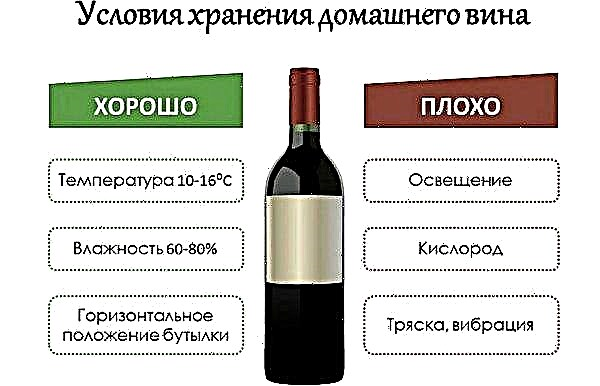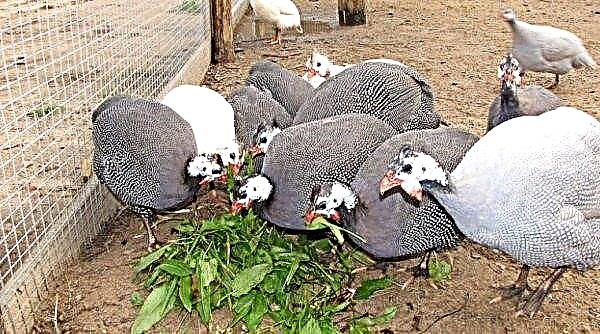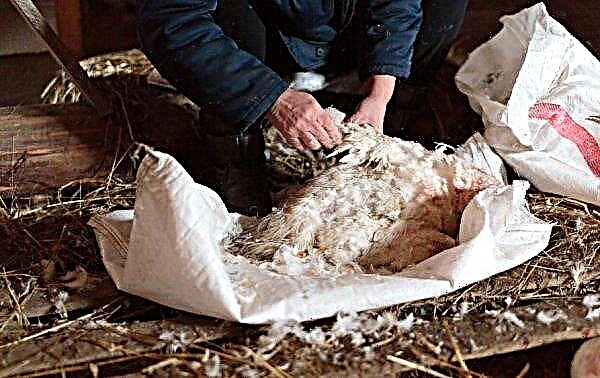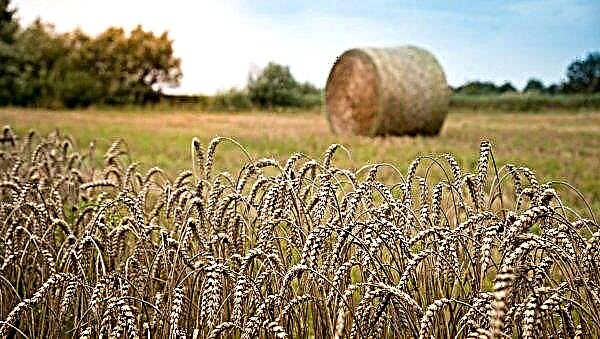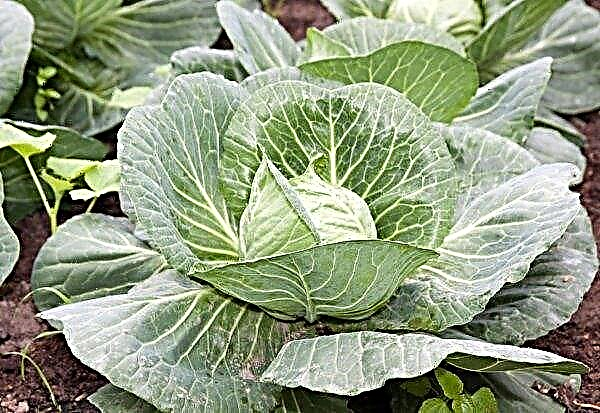The European Commission has issued guidelines for EU member states that must be followed in order to ensure the continuous movement of workers, including seasonal agricultural workers.
With regard to seasonal workers, especially in the agricultural sector, Member States were requested to exchange information on their various needs and to establish specific procedures to ensure smooth passage of such workers.
Smallholder farmers produce more than 70% of the food needed to feed the whole world.
The Commission indicated that these steps are necessary to avoid labor shortages as a result of the crisis caused by Covid-19.
Seasonal agricultural workers perform, in certain circumstances, important functions of harvesting, planting and caring for plants, and also work with animals.

Member States were encouraged to treat seasonal agricultural workers as critical. Countries were also told to inform the employers of these workers of the need to provide adequate protection for their health and safety.
Nicholas Schmitt, Commissioner for Employment and Social Rights, said: “Thousands of women and men are working hard to ensure we are safe, healthy, and there is food on the table. "We are collectively responsible for ensuring that they are not obstructed in their mobility, while taking all necessary precautions to avoid the further spread of the pandemic."
- According to official Cambodian data released on Monday, July 8, rice exports from Cambodia to the European Union sharply declined after tariffs were introduced in the first half of the year, but losses were offset by increased sales to China.
- We wrote earlier: in Ireland, the impact of the EU deal with Mercosur began to be felt.
- Farmers accused the European Union of “sacrificing” their own poultry farming, agreeing to a quota of 180,000 tons of additional meat from the Mercosur countries.

